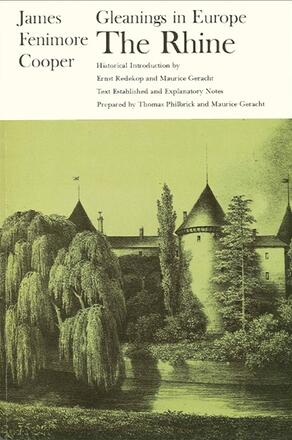
Gleanings in Europe
The Rhine
Alternative formats available from:
Description
Gleanings in Europe: The Rhine is an account of James Fenimore Cooper's travels in Europe at the time of the 1832 revolt in Paris, when he hoped General Lafayette would be declared President of France and when all of Europe was the stage for the morality play of French politics.
Published in 1836 after General Lafayette's death, the book is, in part, an apologia for Lafayette, Cooper's ideal political man. Thus it is essential reading for understanding the development of Cooper's political ideas and his ideas about the nature of American culture.
In The Rhine, Cooper deepens his skill at picturesque description of landscape and extends the range of the picturesque to include cityscapes. The complex relations between visual objectives and ideas reverberates throughout the book, whether Cooper is commenting on the public gardens of Heidelburg, a private Alpine landscape, or, especially, the garden at Lafayette's home.
With American landscapes and politics always in the background for comparison, Cooper surveys the order of life in Europe and asks for a more liberal and humane political order in Europe and a more human and cultivated social order in America.